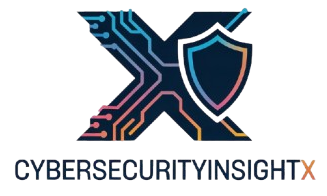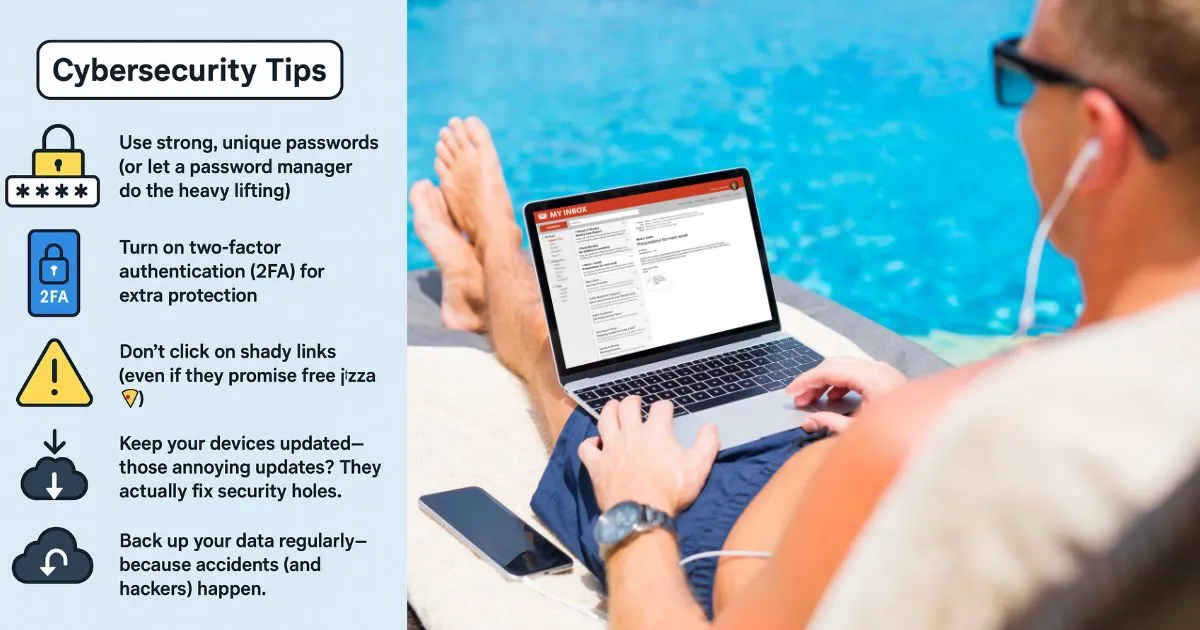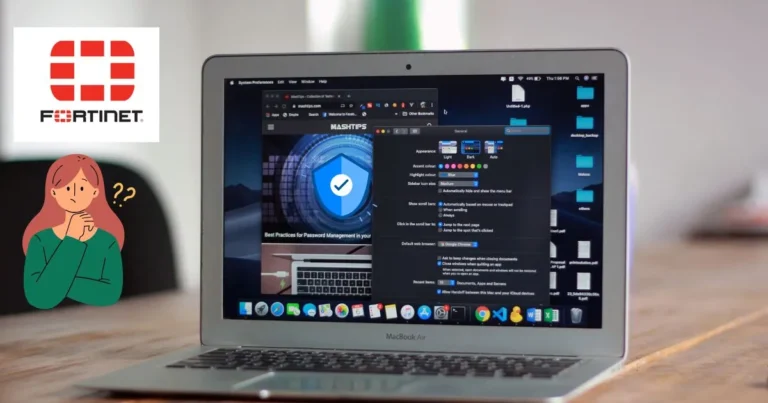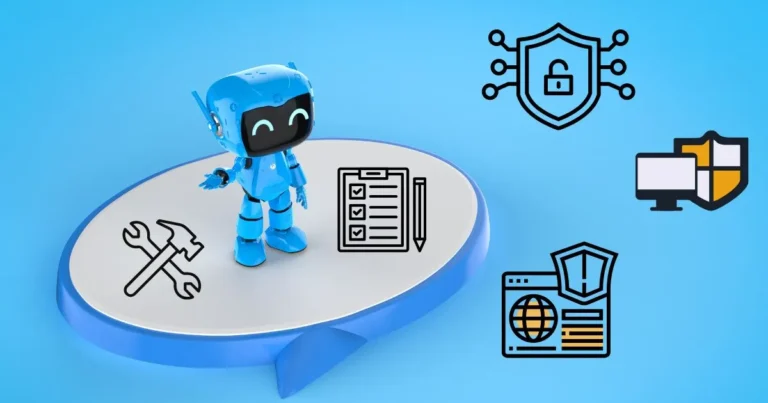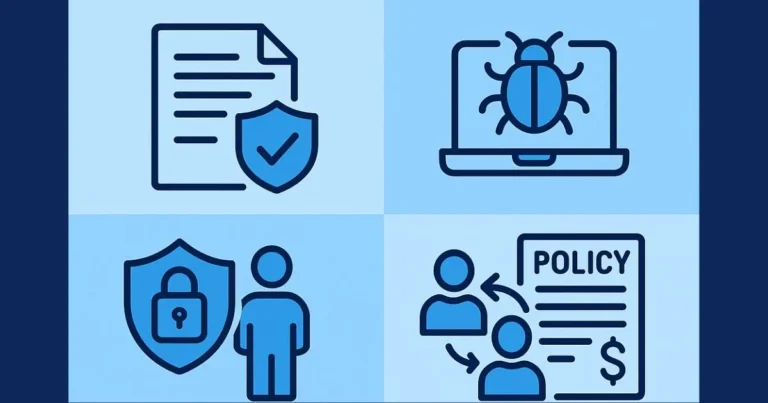Why Cybersecurity Isn’t Just for Tech Geeks: Real Stories That’ll Make You Lock Your Digital Doors
Ever thought, “Hackers won’t come after me—I’m just a regular person!”?
Yeah, so did these folks… until things got very real. 👀
Welcome to CyberSecurityInsightX, where we’re breaking down cybersecurity with real-life stories, humor, and a bit of friendly advice (because we care about your Netflix password more than you do).
Table of Contents
The Day My Friend Got Hacked… by Clicking a Pizza Coupon
Let’s start with Tom (not his real name, but close enough). One evening, Tom was scrolling through his inbox when he found the deal of the century:
“Get 50% off your favorite pizza today! 🍕 Click here!”
Being the pizza lover he was, Tom clicked faster than you can say “extra cheese.” Big mistake. That link wasn’t a deal—it was a phishing trap set by cybercriminals.
The Result?
_ His bank account got drained faster than his soda glass during movie night.
_ His email got hacked, and suddenly, friends were getting “emergency money transfer” requests.
_ His Netflix account was taken over. (The real tragedy.)
Lesson learned?
_ Cybersecurity isn’t about paranoia—it’s about smart clicks.
If it smells too good to be true (even if it’s cheesy goodness), it probably is.
The CEO Who Fell for the Oldest Trick in the Book
Meet Lisa, a CEO of a successful startup. One morning, she received an email from what looked like her accountant:
“Hey Lisa, urgent invoice attached—needs payment today!”
Busy and trusting her team, she wired $50,000.
Turns out, the hacker had crafted a perfect fake email address that looked like her accountant’s.
The Fallout:
_ The money? Gone. Vanished into the abyss of cyberspace.
_ Trust between team members? Shaken, not stirred.
_ Company reputation? Took a hit like a bad Yelp review.
What went wrong?
Lisa skipped a simple verification step—a quick phone call could’ve saved $50K.
The Fix:
_ Use two-factor authentication (2FA) for sensitive accounts.
_ Double-check suspicious requests, especially those involving money.
_ Remember: Even CEOs can be targets. 🏹
The Curious Kid Who Became an Accidental Hacker
Little Joey, 10 years old, discovered his dad’s laptop unlocked (rookie mistake, Dad). Trying to be helpful, Joey downloaded a “free game” from a shady website.
What Joey Didn’t Know:
That “game” was actually malware that recorded every keystroke. Within hours, Dad’s work emails, bank logins, and even private photos were compromised.
The Aftermath:
_ Dad’s work had a data breach scare.
_ Bank account locked due to suspicious activity.
_ Embarrassing family photos leaked to random contacts.
The Takeaway:
_ Teach kids about safe internet usage.
_ Set up parental controls and strong passwords (no, “1234” doesn’t count).
_ Always lock your devices—because little fingers love big mistakes.
Why Cybersecurity Matters (Yes, Even for You!)
You might be thinking:
“Okay, but I don’t run a business, and I don’t even have that much money in my bank account—why would anyone hack me?”
Here’s the deal:
1️. Your personal data is gold. Hackers sell it on the dark web faster than you can say “identity theft.”
2️. Ransomware doesn’t care who you are. A locked phone demanding $500? That’s a bad day for anyone.
3️. Privacy breaches happen everywhere. Even big companies like Facebook, LinkedIn, and Yahoo have had massive data leaks.
Cybersecurity isn’t just for IT experts—it’s for anyone with an email, a phone, or an online shopping habit (yeah, looking at you 👀).
Quick Tips to Stay Safe (And Look Like a Cybersecurity Pro)
_ Use strong, unique passwords (or let a password manager do the heavy lifting).
_ Turn on two-factor authentication (2FA) for extra protection.
_ Don’t click on shady links (even if they promise free pizza 🍕).
_ Keep your devices updated—those annoying updates? They actually fix security holes.
_ Back up your data regularly—because accidents (and hackers) happen.
Final Thoughts: Don’t Wait for the Hack to Happen
Look, cybersecurity doesn’t have to be boring or complicated. Think of it like locking your doors before bedtime—it’s a simple habit that keeps bad guys out.
“Cybersecurity is much like seatbelts: You don’t think you need it until you really, really do.”
So next time you’re about to click that too-good-to-be-true deal, pause for a second. Your future, hacker-free self will thank you.
Welcome to CyberSecurityInsightX—now let’s keep the bad guys out and the good vibes in!
Stay safe, stay smart, and remember—the best security starts with you! 💪
Want to learn cybersecurity and master best practices? Download our free step-by-step guide today!
FAQ
1. What are the most essential cybersecurity tips for everyday users?
The most essential cybersecurity tips for everyday users include using strong and unique passwords, enabling two-factor authentication (2FA) on all major accounts, avoiding suspicious links or attachments, regularly updating devices and software, and backing up data frequently. These simple cybersecurity tips go a long way in protecting personal data from hackers and malware.
2. Why should I use a password manager?
A password manager is one of the top cybersecurity tips because it helps you generate and store complex, unique passwords for each account without the need to remember them all. This reduces the risk of using the same password across platforms—a common mistake that makes users vulnerable to credential-stuffing attacks. With a password manager, your online security becomes more manageable and reliable.
3. How does two-factor authentication improve my cybersecurity?
Two-factor authentication (2FA) adds an extra layer of security by requiring a second form of identification—like a code sent to your phone or an authentication app—in addition to your password. This is one of the most recommended cybersecurity tips because even if your password is compromised, hackers won’t be able to access your account without that second factor.
4. What should I do if I clicked on a suspicious link?
If you clicked on a suspicious link, act quickly: disconnect from the internet, scan your device using a trusted antivirus program, and change your passwords—especially for financial and email accounts. As part of standard cybersecurity tips, always double-check URLs before clicking, especially if the offer seems too good to be true.
5. How often should I back up my data for optimal cybersecurity?
One of the most overlooked cybersecurity tips is regular data backup. Ideally, you should back up important data at least once a week. Use both a physical external drive and a secure cloud solution to ensure redundancy. Backups protect you from data loss due to ransomware, system crashes, or accidental deletion.
